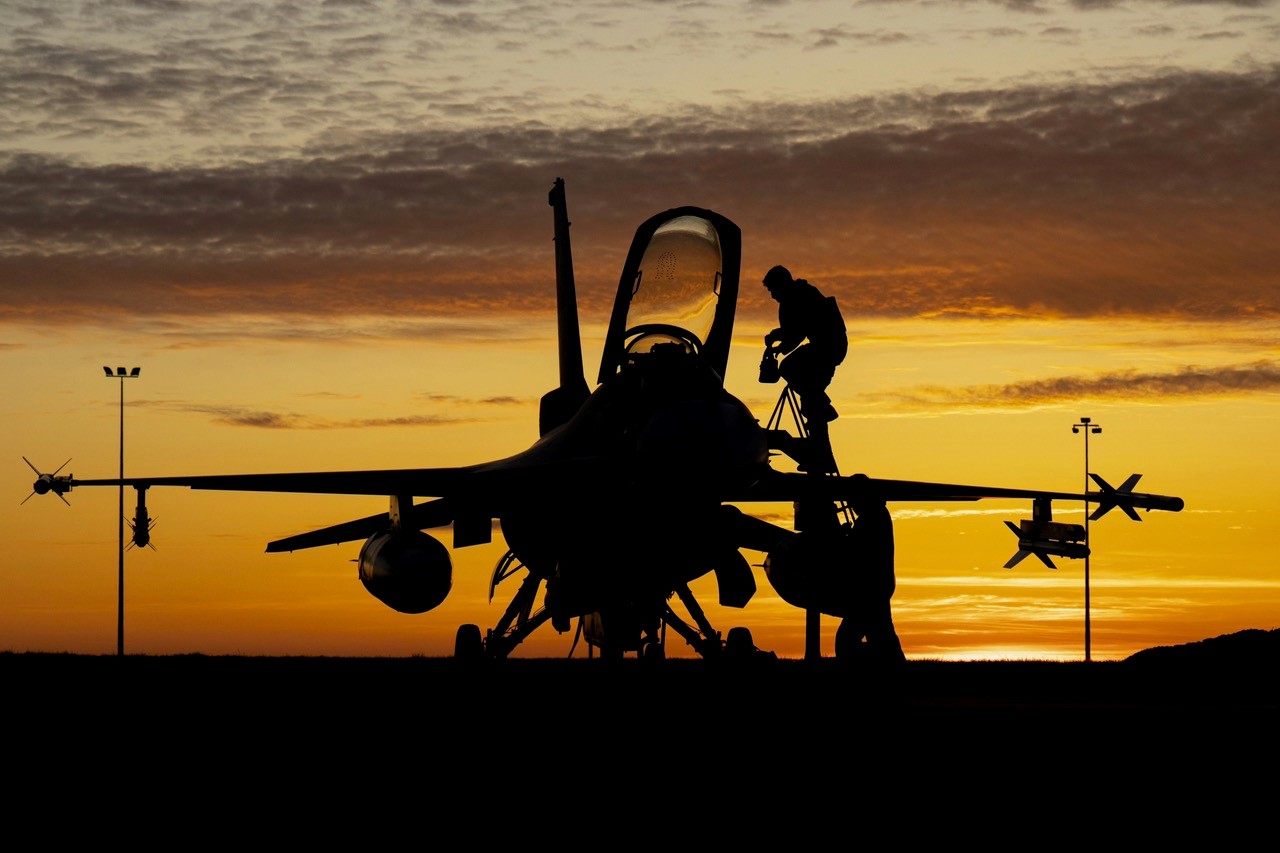
Transatlantic Uncertainty calls for Greater National Responsibility

In
- EU and strategic partners,
- EU strategy and foreign policy,
- Europe in the World,
- European defence / NATO,
When Belgium was hit by severe terror attacks in 2016, then-President Obama did not hesitate for a moment to pledge full support: ‘Belgium is a close friend and ally of the United States, and when it comes to our friends, America has their back.’
*****
Transatlantic Uncertainty calls for Greater National Responsibility
When Belgium was hit by severe terror attacks in 2016, then-President Obama did not hesitate for a moment to pledge full support: ‘Belgium is a close friend and ally of the United States, and when it comes to our friends, America has their back.’ Not only did Belgium turn out to be heavily dependent on foreign intelligence, but our country also even had to hastily fly over body armour from US stocks to properly equip the Belgian military on the streets of Brussels. Without this unconditional support, it was by no means inconceivable that more bombings could have followed.
The election of Donald Trump calls into question the most implicit assumption of Belgian foreign and defence policy since 1949, namely that the United States will unconditionally come to our assistance in case of emergency. After all, during the election campaign, Trump stated that he would give Russia a free hand vis-à-vis those NATO allies who failed to honour their own commitments. Unfortunately, the label of security free rider does apply to the Belgian defence effort: successive governments of all kinds have regarded NATO agreements as little more than good intentions only to be delivered upon in a distant future. The shockwave caused by Trump’s election therefore has more to do with ourselves than with the US. It concerns a dawning awareness that such lazy expectations no longer hold.
The policy answer to this is simple: many other European allies are already setting the example. Belgium must urgently reduce its far-reaching dependence on US support and significantly increase its own self-reliance. After all, that is no more than taking national responsibility for NATO decisions that have already been made. Poland’s defence effort, for instance, will be no less than 4.7% of GDP next year. In doing so, Poland is developing itself into one of the core pillars of European defence. If all laggards like Belgium would honour their own commitments, it would add a defence capability greater than Poland’s today. Against such a united NATO, Russia does not stand a chance, and peace will most likely be preserved.
Boosting the military capabilities of European countries requires significant investment. Most European countries have already taken the necessary measures. However, the Belgian political parties continue to dawdle. Perhaps this is because our Special Financing Act constitutes a budgetary straitjacket within which the expansion of defence spending has a lethal displacement effect on other federal departments. As I wrote earlier, the necessary cost of securing Belgium’s position in the world may soon come to claim the integral federal revenues (after remittances to the regions and social security). Indeed, our Belgian contribution to the collective defence of Europe will soon require at least some 2.5% of GDP. This constitutes nothing less than a time bomb under our constitutional system. However, it is an illusion to think that the world will adjust to our desire for permanent peace. The sooner our collective governments realise that major reforms are inevitable, the better we can arm ourselves for the future.
In the short term, this requires a full-fledged federal government as well as an (emergency) budget. In doing so, the following guidelines may be useful before the new administration has to face President Trump. The overriding priority concerns the accelerated replenishment of defence stocks. If an emergency arises in the next four years, we will have to make do with what is readily available at that point in time. Of course, additional defence orders are also urgent, but the reality is that the delivery horizon for major weapon systems already situates itself in the 2030s. Moreover, it is essential to safeguard not only our defence establishment but also our diplomatic corps from budget cuts. Indeed, it is crystal clear that we will desperately need our (federal) diplomats in the coming years if we are to have any chance of averting the worst scenarios. Finally, the government will have to revisit the personnel challenge for defence. The proposed pension reform for military personnel ignores the reality that much more and younger personnel are needed, who do not necessarily have to remain in the military for a full professional career. Germany, for instance, intends to reintroduce a system of (voluntary) conscription. As a tell-tale sign, this may count.
Every Belgian political party must realise today that because of Russia’s aggression against Ukraine, the growing support thereof by China, Iran and North Korea, and Donald Trump’s return to the White House, we have entered a fundamentally different world order. With a few parliamentary exceptions, no Belgian minister has yet made a meaningful attempt to explain the gravity of this strategic situation to the population. This looks more and more like a dereliction of duty. It cannot go on like this. Even the mirage of enhanced European cooperation will not help – just because our defence deficiencies risk being paid for in cash by our European allies. Trump’s election is merely the last wake-up call: the time for national responsibility has come.
Alexander Mattelaer is a professor at the VUB Brussels School of Governance and Senior Research Fellow at Egmont – the Royal Institute of International Relations.
This article was first published in Dutch in De Tijd and subsequently published in French in L’Echo.
(Photo credit: Belgian MOD / C. Romedenne)